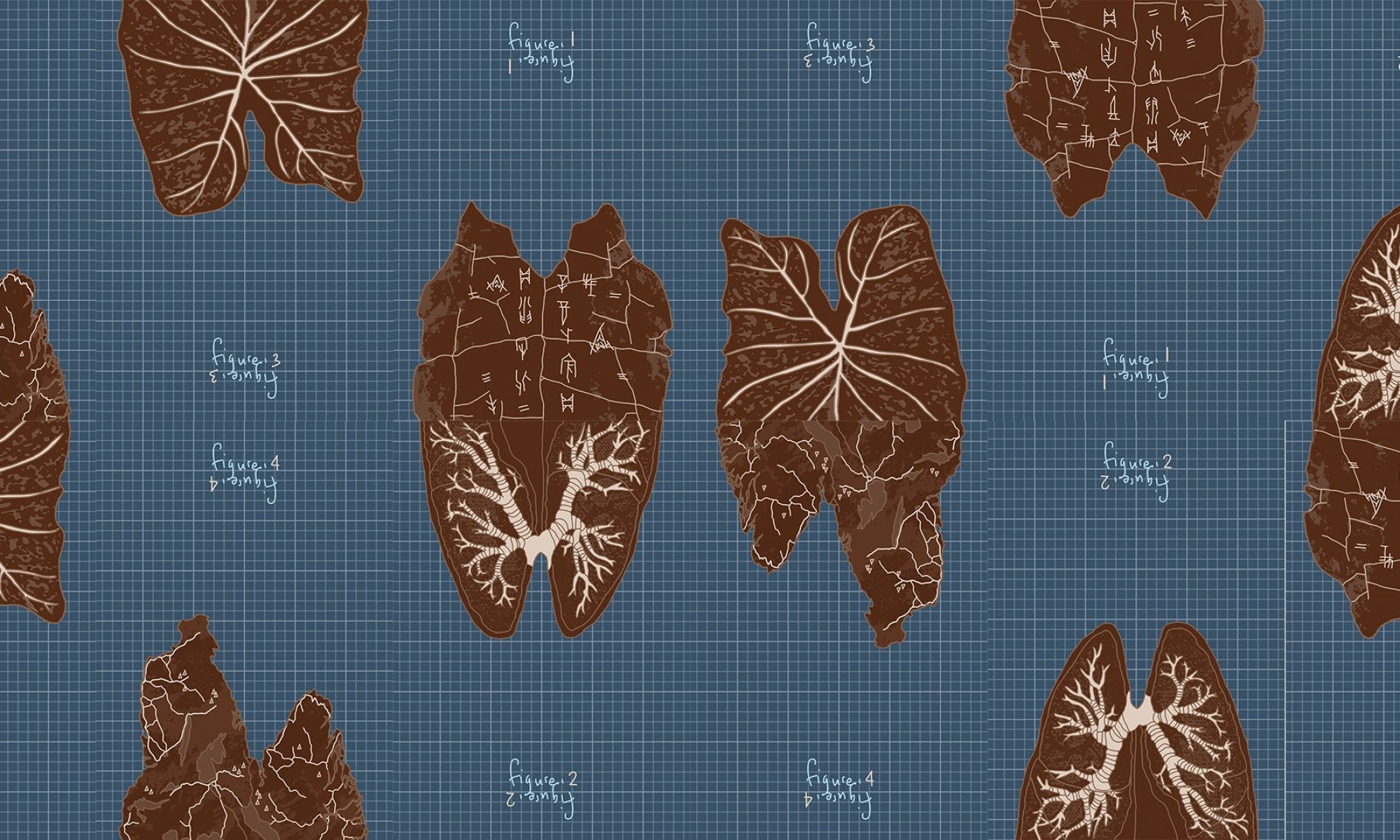1. Briefly share your experience going through Dialogue with Time. What were some of the feelings, thoughts, challenges and insights gained while role playing an elderly person?
Role playing as an elderly person made the physical challenges faced by the body more real – many of which are otherwise invisible from the outside. We all know that the body deteriorates as you age but exactly how and the extent to which it limits your daily life’s activities, is difficult to imagine and fully understand until you are in that position. While the experience brought dread and fear towards the physical and social challenges brought on by ageing, more importantly, it also highlighted the possibility and need for action to be taken in the present in order to prepare ourselves and plan ahead for our own concepts of “happy active ageing”. I thought it was meaningful that the exhibition juxtaposed lifelong dreaming and the pursuit of mental and social well-being against the debilitating effects of ageing. The experience evoked feelings of ownership and responsibility over one’s ageing journey
2. Drawing on your experience, can you think and list some of the benefits inherent in the design research technique of role playing?
When employed with participants who are unfamiliar and distant from the role-play’s persona, role-playing is useful in evoking empathy. It is definitely more engaging and effective than simply spoon-feeding a passive learner information about the life of another person, since it involves the active engagement of the imagination and physical immersion to understand another’s perspective. An important benefit would be the additional information it can capture about the physical experience, that is otherwise overlooked in just mental processes and storyboarding. For designers, role-playing can be useful to gain insights into the user’s context and experience in order to design better concept products or services.
3. Can you think of some contexts where role-playing can be useful to help discover and define design challenges or contribute to the development of design solutions?
Contexts where role-playing would be particularly helpful are those that involve trying to understand a physical experience that is unfamiliar. It could be employed in the design of products for those with physical disabilities, for example reading tools for the blind or mobility devices and infrastructure for the handicapped. It could also apply to understand social situations of a minority or marginalised group, so as to better design a service to improve their well-being, or raise awareness for the unacquainted about their circumstances. To get a glimpse into the perspective and challenges of poverty or unfair discrimination from society, role-playing can help participants/ designers tackle the design problems with greater sensitivity and engagement. This could involve creating immersive environments that stimulate physical conditions of deprivation or abuse (in the case of poverty or dysfunctional households), or “games” where participants are confronted with circumstances and decision-making moves, to follow the complexity of thought processes for the role-play persona.
